If you’re a pavement runner, you know the importance of having the right pair of shoes. The right footwear can make a substantial difference in your performance and overall comfort. In this article, we will delve into the best running shoes for pavement, exploring their features, benefits, and considerations that cater to runners across the United States. We’ll also cover local experiences and insights that resonate with pavement runners from coast to coast.
Understanding the Importance of Choosing the Right Running Shoes
The right pair of running shoes is essential for various reasons:
- Comfort: Every runner’s foot is different; thus, comfort is a critical factor in shoe selection.
- Support: Adequate support helps prevent injuries and enhances performance.
- Durability: Quality shoes withstand the wear and tear of pavement running.
- Performance: The right shoes can improve your running efficiency.
What to Look for in Running Shoes for Pavement
When selecting running shoes for pavement, there are several key factors to keep in mind:
1. Cushioning
Look for shoes with ample cushioning to absorb the impact of hard surfaces. This can help minimize stress on your joints.
2. Breathability
A breathable upper helps keep your feet cool and dry, especially during long runs in warmer climates.
3. Fit
Ensure that the shoes fit well. A proper fit reduces the risk of blisters and discomfort.
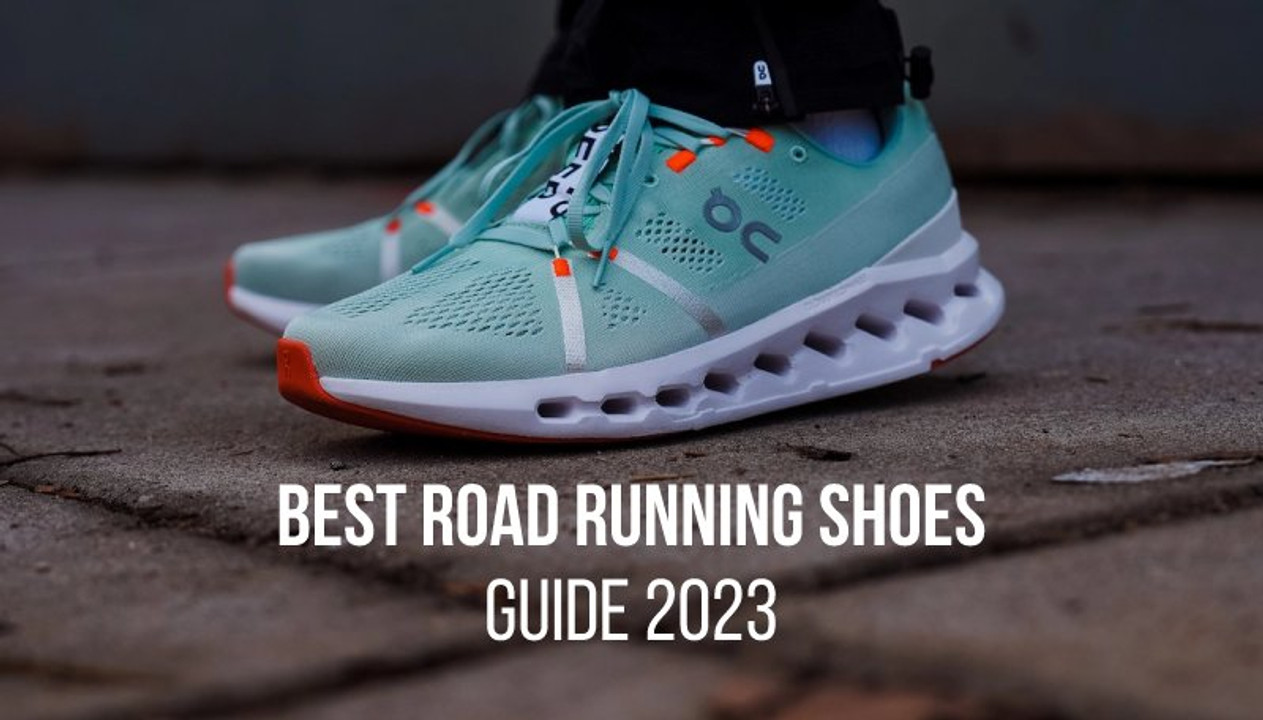
4. Weight
Lightweight shoes can enhance your performance, making it easier to run longer distances without fatigue.
5. Stability
Look for features that provide stability, particularly if you overpronate or need additional support.
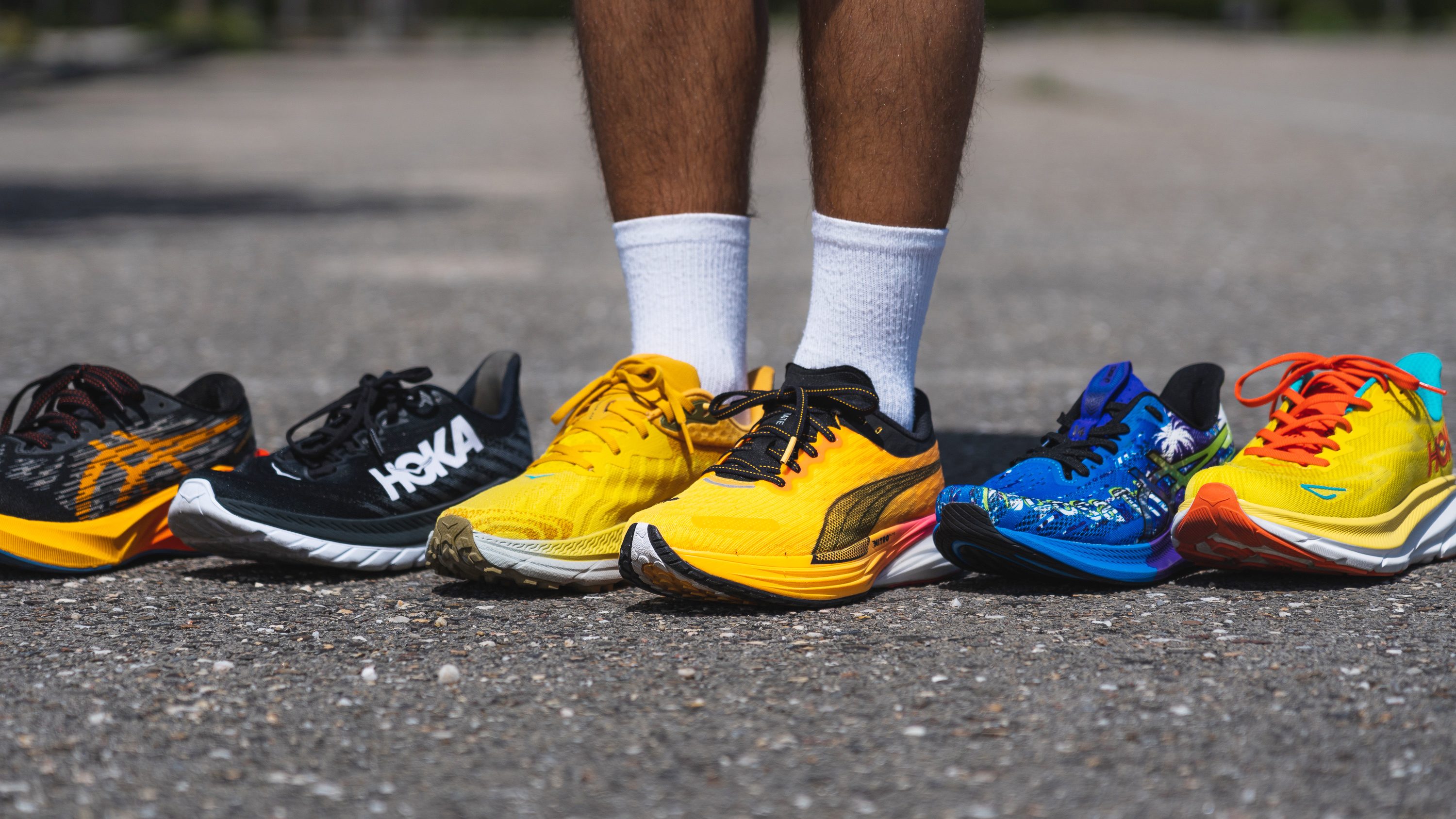
Top Running Shoes for Pavement in the USA
Based on extensive research and user reviews, here are some of the best running shoes for pavement:
1. ASICS Gel-Kayano 28
The ASICS Gel-Kayano 28 is a hallmark of stability and cushioning, perfect for long pavement runs.
- Pros: Excellent arch support, breathable mesh upper, great for overpronators.
- Cons: Slightly heavier than some competitors, premium price point.
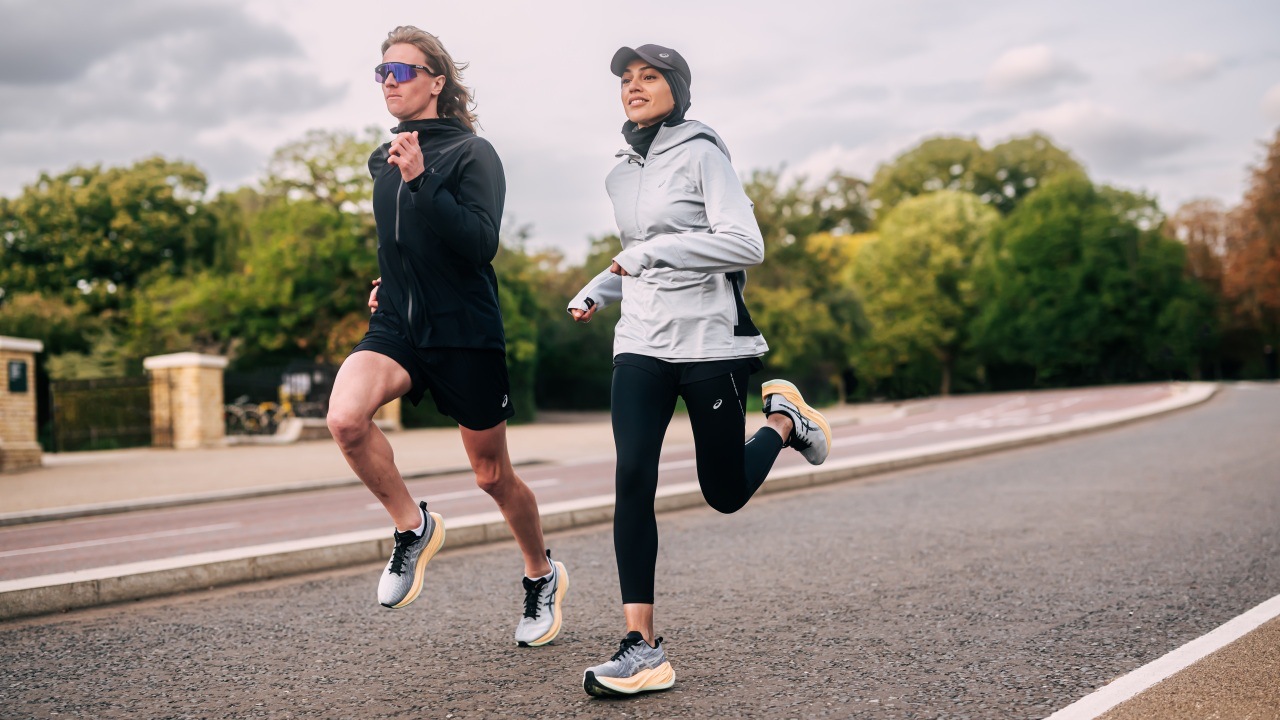
2. Nike Air Zoom Pegasus 38
A versatile shoe that suits both casual runners and those training for marathons, the Nike Air Zoom Pegasus 38 provides a plush fit and responsive cushioning.
- Pros: Lightweight, responsive foam, stylish design.
- Cons: Limited support for those with severe overpronation.
3. Brooks Ghost 14
The Brooks Ghost 14 is known for its soft cushioning and smooth ride, ideal for long distances on pavement.
- Pros: Great cushioning, reliable traction, suitable for neutral runners.
- Cons: May not provide enough support for heavy overpronators.
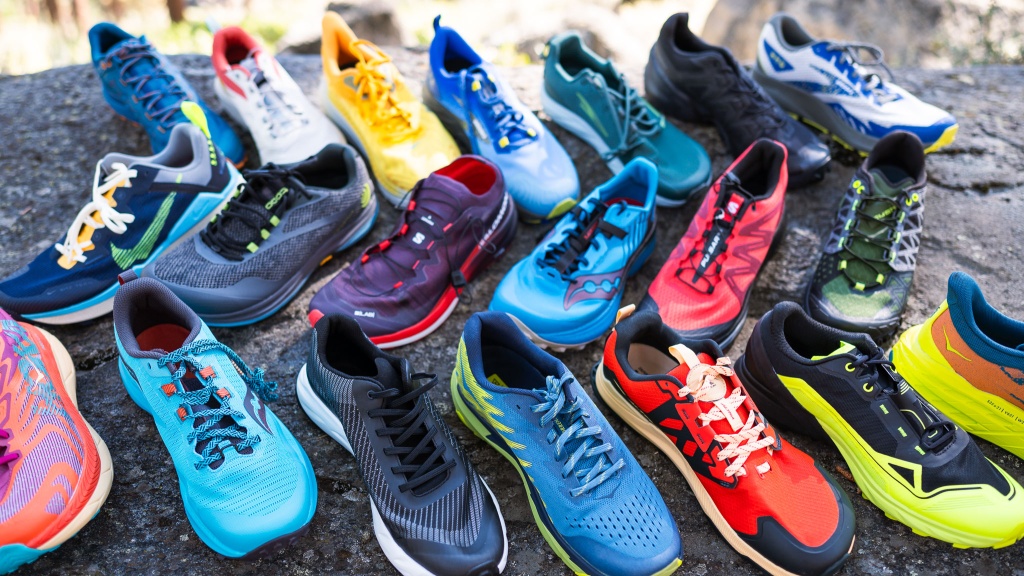
4. New Balance Fresh Foam 1080v11
This shoe combines a plush feel with a supportive design, making it a favorite among pavement runners.
- Pros: Advanced cushioning technology, spacious toe box, good for long runs.
- Cons: Pricey compared to other options.
5. Hoka One One Clifton 8
The Hoka Clifton 8 is celebrated for its maximalist cushioning, offering comfort for those pounding the pavement.
- Pros: Lightweight, excellent shock absorption, suitable for various foot types.
- Cons: Not as much ground feel compared to minimalist shoes.
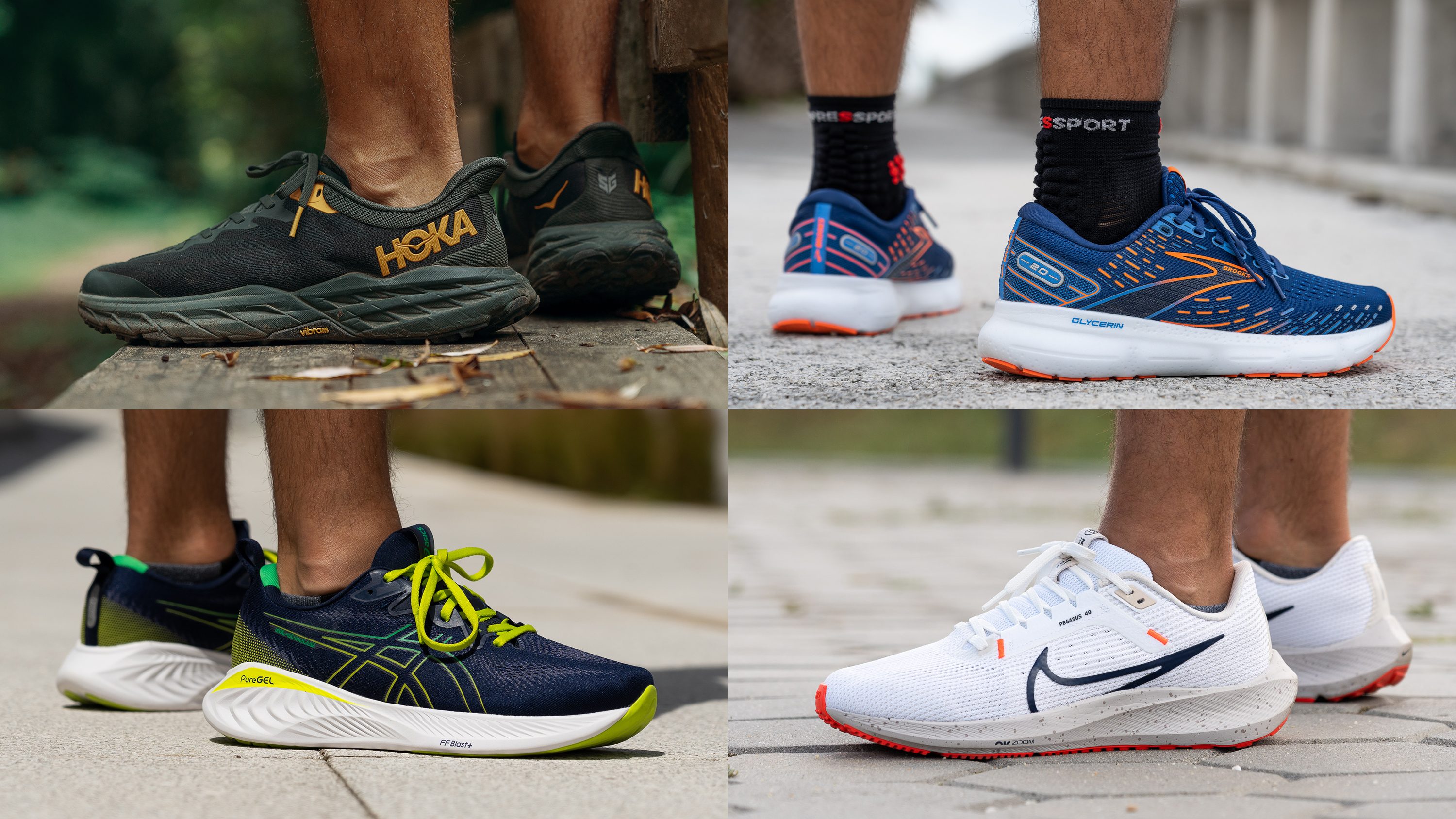
Comparison Table of Top Running Shoes for Pavement
| Model | Cushioning | Fit | Weight | Price |
|---|---|---|---|---|
| ASICS Gel-Kayano 28 | High | Snug | 10.5 oz | $$$ |
| Nike Air Zoom Pegasus 38 | Medium | True to size | 9.5 oz | $$ |
| Brooks Ghost 14 | Medium | Slightly roomy | 10 oz | $$$ |
| New Balance Fresh Foam 1080v11 | High | Roomy | 10.2 oz | $$$$ |
| Hoka One One Clifton 8 | High | True to size | 8.9 oz | $$$ |
Tips for Choosing the Best Running Shoes for Pavement
To help you make an informed decision, here are some tips when choosing running shoes:
1. Get Fitted Properly
Visit a specialty running store to have your feet measured and evaluated for arch type and gait.
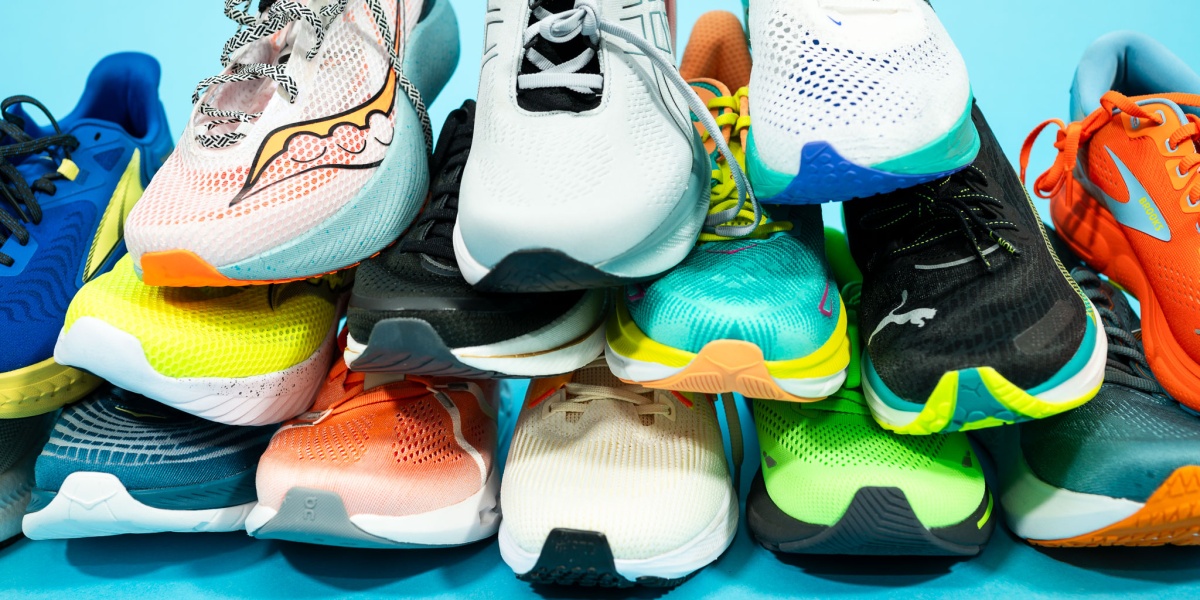
2. Test Them Out
Always try on shoes and walk or jog around the store to assess comfort and fit.
3. Know Your Running Style
Understanding whether you are a heel striker or forefoot striker can influence your shoe choice.
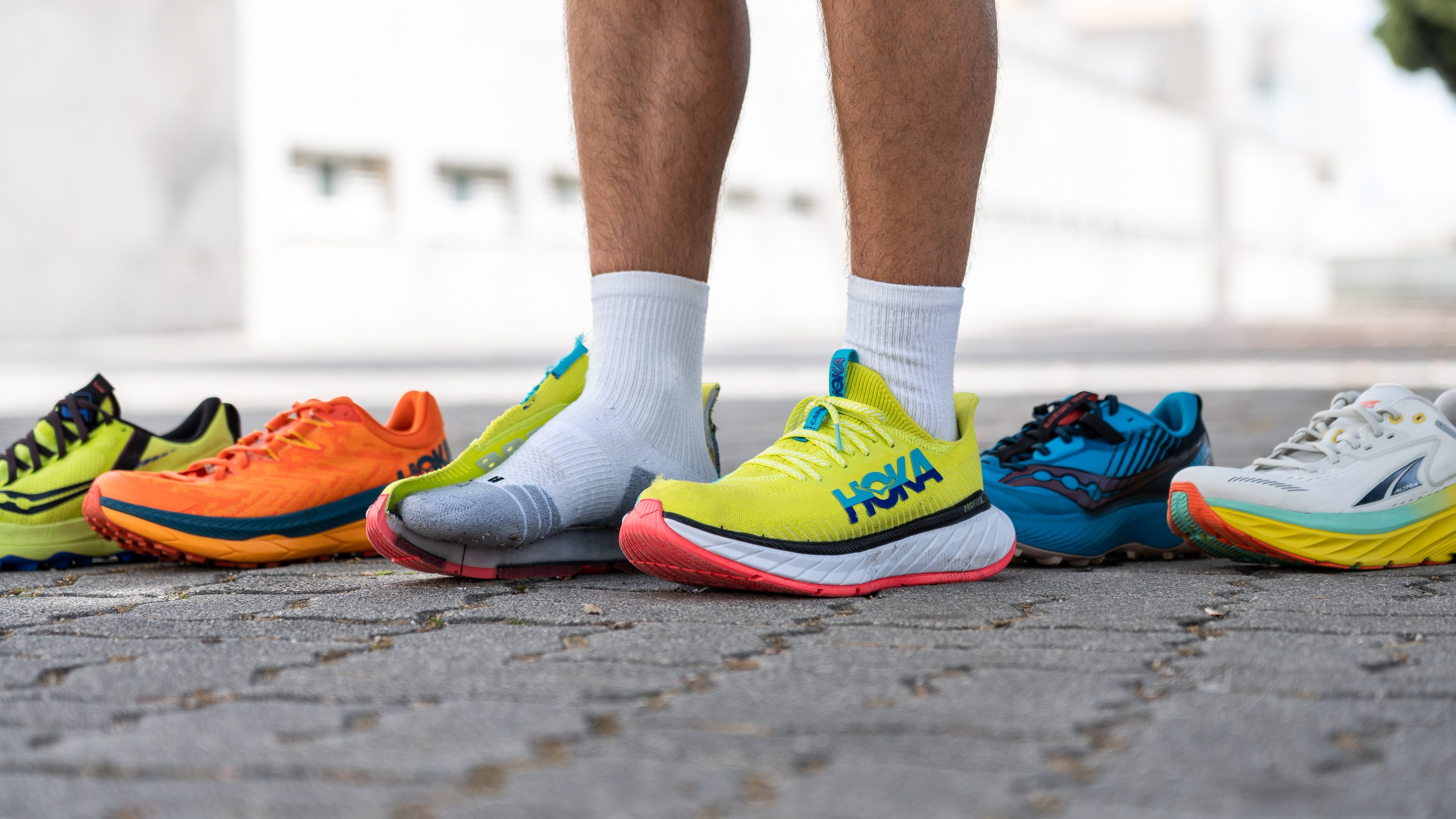
4. Consider the Terrain
Pavement can vary in texture; choose shoes that offer appropriate traction and cushioning for your common routes.
5. Read Reviews
Take advantage of online reviews, particularly from runners with a similar style and foot shape as yours.
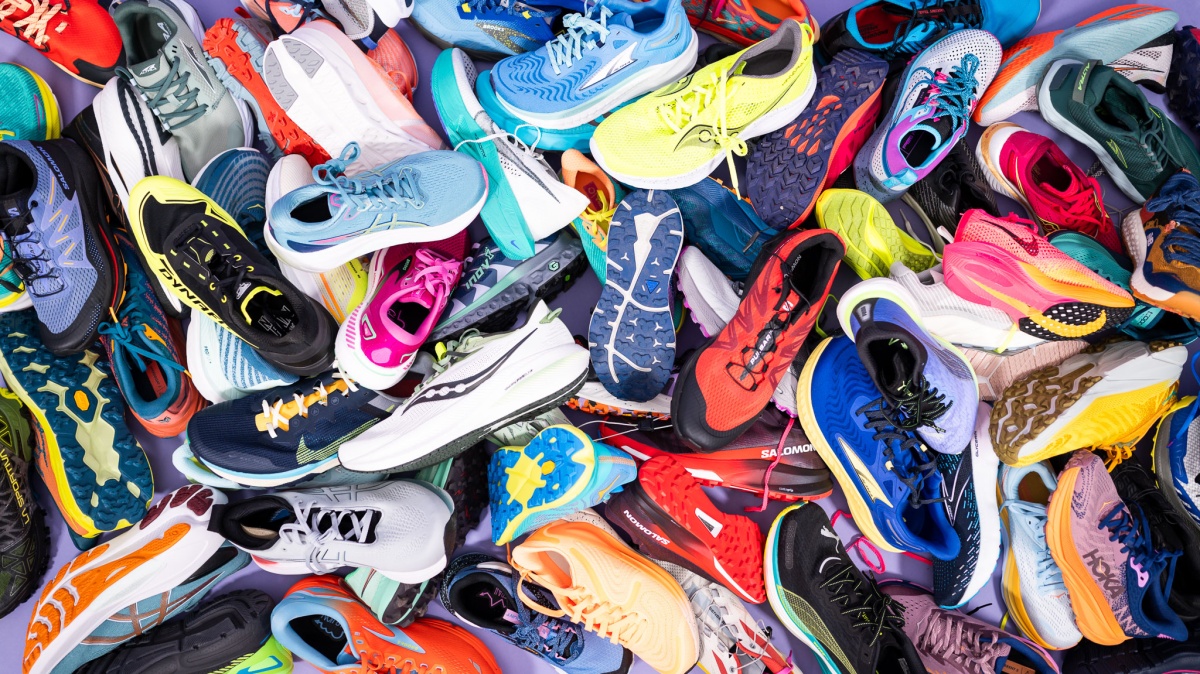
Pros and Cons of Different Running Shoe Features
Cushioning Types
When it comes to cushioning, there are a few different types:
| Cushioning Type | Pros | Cons |
|---|---|---|
| Maximalist | Excellent shock absorption | May feel bulky |
| Minimalist | Lightweight and flexible | Less protection for joints |
| Moderate | Balanced feel for various runners | May not cater specifically to one type of runner |
Popular Running Shoe Technologies
Various brands employ unique technologies in their running shoes. Here are a few to know:
1. ASICS Gel Technology
This technology incorporates gel cushioning to help absorb shock during impact and toe-off phases.
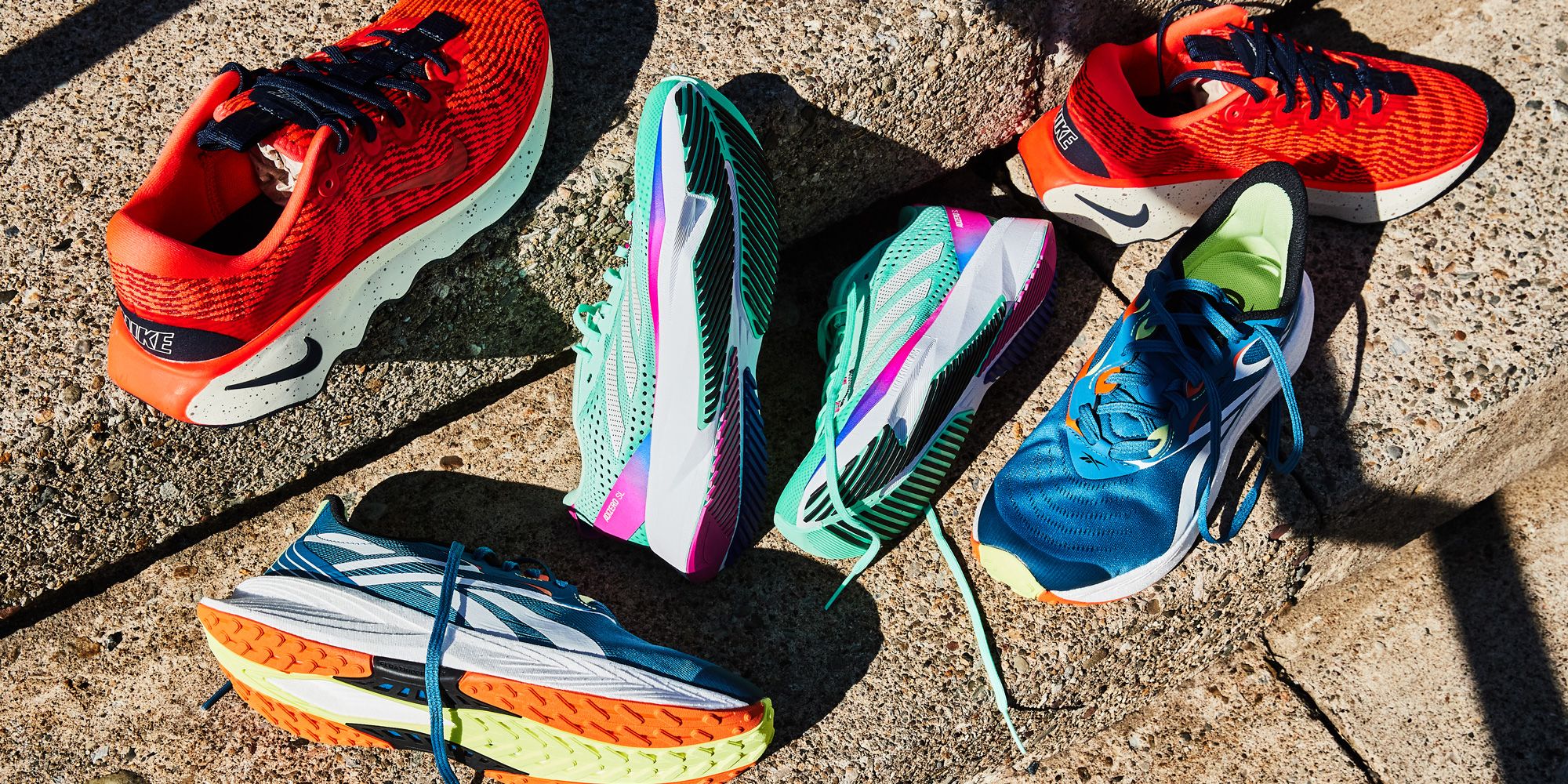
2. Nike React Foam
Nike’s proprietary foam offers a soft, responsive ride, making it suitable for fast-paced runs.
3. Brooks DNA Loft
This foam adapts to your stride for a custom cushioning experience while remaining lightweight.
4. Hoka Meta-Rocker
This design helps create a smooth transition from heel to toe, enhancing running efficiency.
Frequently Asked Questions (FAQs)
What are the best running shoes for road running?
The best shoes are those that offer ample cushioning, support, and fit for your unique foot shape. Options like the ASICS Gel-Kayano 28 and Nike Air Zoom Pegasus 38 are highly rated.
How often should I replace my running shoes?
Typically, running shoes should be replaced every 300 to 500 miles, depending on wear and tear.
Do I need different shoes for different types of running?
Yes, different running surfaces and activities may require specific shoe features. Pavement runners often benefit from shoes designed for cushioning and support.
Can I run with shoes that are not specifically labeled as running shoes?
While you can run in other shoes, it’s not recommended as they may lack the necessary support, cushioning, and durability.
Where can I find running shoes tailored for pavement running?
Specialty running stores, online retailers, and brand websites like ASICS, Nike, and Brooks are excellent places to start.
Conclusion
Choosing the right pair of running shoes for pavement is an essential investment in your running journey. By considering your unique needs and preferences, you can find the perfect shoes that fit your style and enhance your performance. Remember to prioritize comfort, support, and appropriate technologies tailored to your running habits.